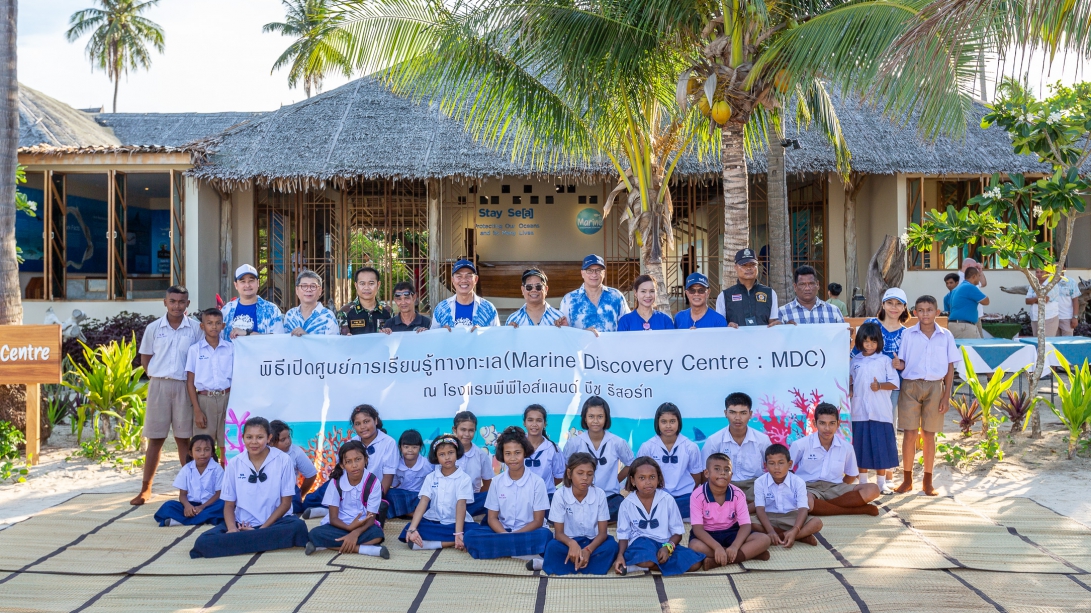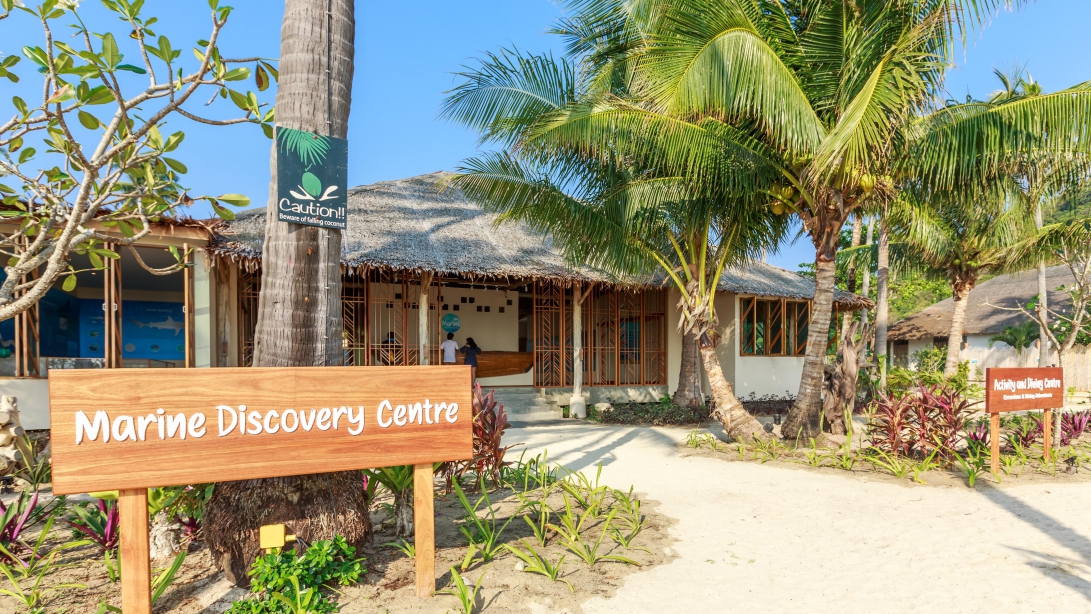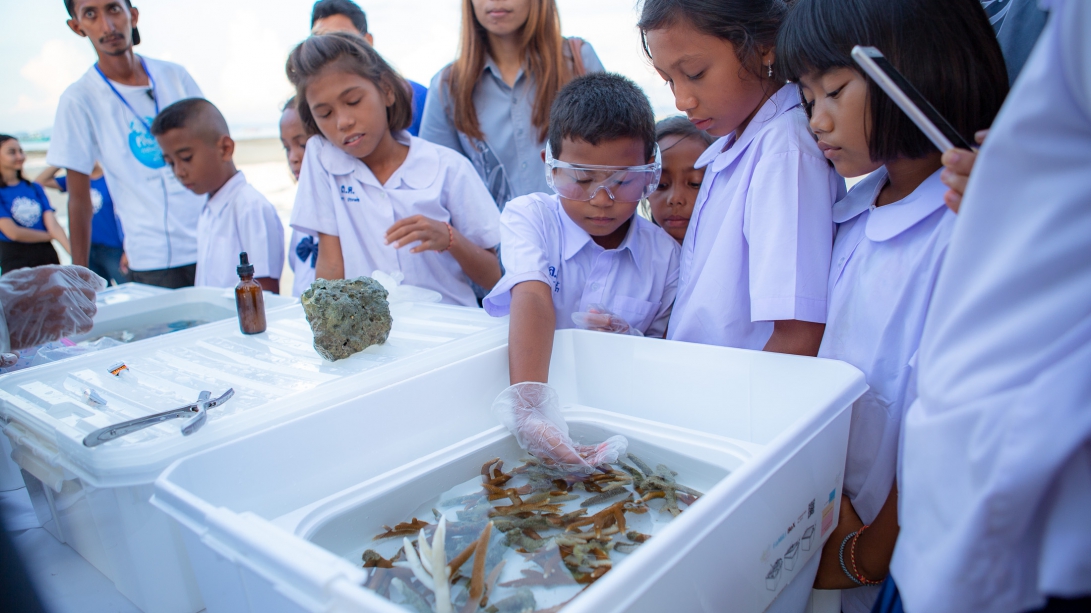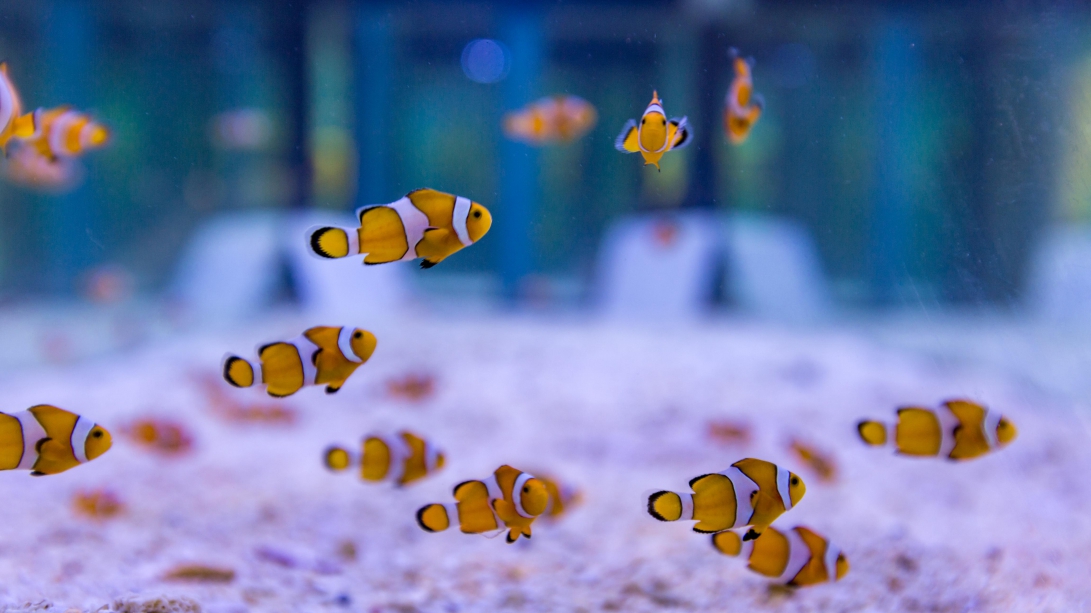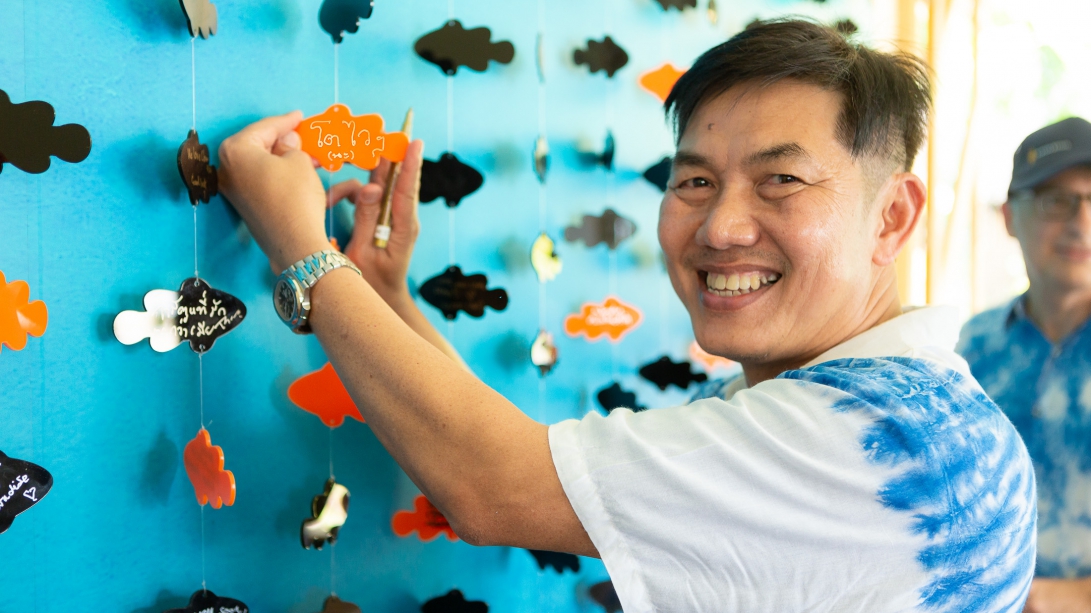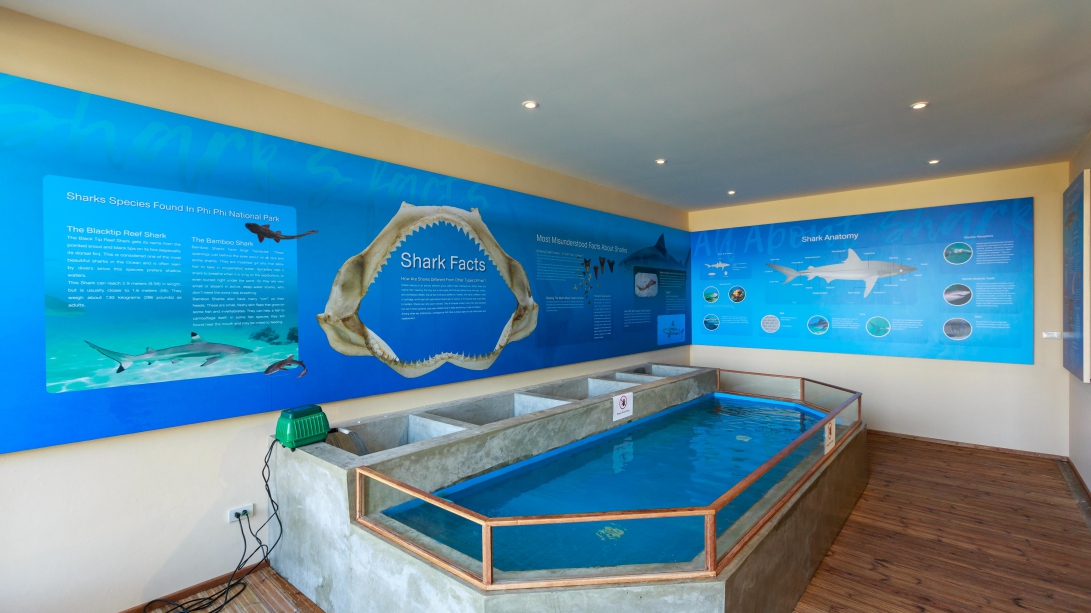Singha Estate reinforcing sustainable development strategy supporting Maya Bay restoration plan, Joining forces with faculty of fisheries, Kasetsart university and Hat Noppharat Thara - Mu Ko Phi Phi National Park
Hat Noppharat Thara–Mu Ko Phi Phi Marine National Park, 16 May 2018 - Singha Estate reinforcing sustainable development strategy and reaffirming corporate philosophy “Harmonious Co-Existence”, committed to preserve natural resources, well-being of communities and business sustainable growth. The company has joined forces with “Pracharath” collaboration, faculty of fisheries, Kasetsart university, Phi Phi Island National Park and local communities, spearheading restoration of “Maya Bay” project and “Coral Reef Rehabilitation National Strategic Plan” of the Ministry of Natural Resources. The collaboration focusing on building “Body Of Knowledge”, to educate and raise awareness of the importance of eco-tourism to all stakeholders, carried out through 2 major initiatives, “Coral Recovery Monitoring Database ” program using remote-sensing aerial photography innovative technique and opening of “Marine Discovery Centre” , the first-ever, integrated intellectual and hands-on marine activities learning centre in Phi Phi Don Island.
Mr. Naris Cheyklin, Chief Executive Officer of Singha Estate Public Company Limited or “S,” states that Singha Estate is committed to community development and environmental conservation for sustainable growth and benefits for all stakeholders. The company has attached great significance to sustainable growth initiatives, which consist of two major components: impact reduction and value creation. The company has been able to accomplish both of these through its value creation policy, which is geared towards achieving harmonious coexistence with the environment. The company has also supported the government’s Pracharat Policy and carried out various marine resources conservation and protection projects in Hat Noppharat Thara - Mu Ko Phi Phi National Park. Among these is “Phi Phi is Changing,” a project conducted in collaboration with Asst. Prof. Dr. Thon Thamrongnawasawat in support of the Phi Phi Model, which provided patrol vessels to the national park staff for operations around Yoong Island and mooring buoys, which were installed along the area of the separated sea. Another such project is “Quick Growth,” which aims at educating the communities and entrepreneurs on how to reduce impacts from the tourism industry and conserve the biodiversity of Hat Noppharat Thara - Mu Ko Phi Phi National Park.
This year, the company has supported Kasetsart University in conducting a project that sets out to restore and monitor the coral reefs in Hat Noppharat Thara - Mu Ko Phi Phi National Park with drone-enabled aerial photography as well as propagate corals in Maya Bay. With the use of drones, the rehabilitation of marine resources could be tracked continuously and sustainably, in line with the national strategic plan for coral reef restoration of the Ministry of Natural Resources and Environment.
In addition, to inspire environmental consciousness in tourists as well as youths, communities, and entrepreneurs, Singha Estate has established the Marine Discovery Centre (MDC) in Phi Phi Island Village Beach Resort. Aimed at providing knowledge on the marine diversity of the national park, the learning center is open daily and divided into four zones, namely the Shark Room, the Phi Phi Islands Room, the Clownfish Room, and the Auditorium. This pilot project demonstrates the company’s efforts to foster participation, raise awareness of the significance of marine conservation, and ultimately inspire everyone to protect the Phi Phi Islands to maintain the abundance of the marine resources. This learning center will also serve as a model for learning centers on different fields in other projects that Signha Estate will initiate both in Thailand and overseas.
Asst. Prof. Dr. Thon Thamrongnawasawat, Deputy Dean of the Faculty of Fisheries at Kasetsart University, says that as a marine and environmental scholar who has played an active part in pushing the “Phi Phi Model” project forward, he believes the collaboration between the public and private sectors over the course of two years has been a success, as evident in the dramatic improvement in the condition of the coral reefs along Yoong Island. Rooted in the Phi Phi Model, the national coral reef restoration plan, which is under the umbrella of the national natural resources and environmental reform master plan, aims to decrease the area with damaged coral reefs to less than 50 percent in five years and to less than 20 percent in 20 years in order to conserve Thailand’s coral reefs, which, as tourist destinations, generate over 83 billion baht in revenue. This year, Kasetsart University is collaborating with private organizations to explore and monitor the coral reefs around Yoong Island and the Phi Phi Islands. In the initial stage, aerial photographs taken over the last four years by Geo-Informatics and Space Technology Development Agency (Public Organization) or GISTDA will be studied. After that, aerial photographs of the areas will be taken every four months over a period of one year to measure the growth of the coral reefs. Through an analysis and comparison of these photographs, the growth of the coral reefs across the entire islands can be tracked thoroughly and conveniently. In tandem, corals will also be propagated in Maya Bay. The growth will be tracked every month during the planting phase and every four months afterwards over a period of one year, using drone-enabled aerial photography. In addition, Marine discovery Center will provide extensive knowledge of marine biodiversity of Phi Phi National Park. The main purpose of learning center is to educate the conservation know how and practical eco-friendly practice for all stakeholders.
Mr. Sarayut Paso, Forestry Technical Officer, Professional Level, Assistant Superintendent of Hat Noppharat Thara–Mu Ko Phi Phi National Park, says that Maya Bay will be closed from June 1 to September 30 to enable management of the damaged areas and allow the coral reefs to recover. During this period, all tourism activity will be strictly prohibited, and only research activities will be allowed. Vessels will also be allowed outside the barricades, so that tourists onboard can view Maya Bay. When the bay is reopened, the daily number of tourists will be restricted to only 2,000, as opposed to the staggering 4,000-5,000 in the past, and vessels will be prohibited from sailing over the coral reefs along the beachfront. The National Park hopes to raise awareness among stakeholders and educate tourists who are entering the area in order to ensure sustainable growth of Thai tourism. Worapoj is also glad to see private organizations have attached great significance to marine resources conservation and expresses his appreciation to Singha Estate for establishing this marine learning center, which will serve to encourage the creation of new bodies of knowledge and cultivate environmental consciousness. The National Park is ready to collaborate the private sector in the future and would like to invite the neighboring communities to participate in efforts to restore and protect natural resources and the environment in order that the area is preserved as a site for environmental education, recreation, and tourism for Thai posterity.
Mr. Naris also adds that apart from the foundation of the Marine Discovery Centre, the coral propagation project, and the restoration and monitoring of Maya Bay coral reefs with aerial photography, the sustainable development action plan of Singha Estate this year will also include another project, which is a waste management program. This activity will focus on creating an understanding of the problem and encouraging appropriate management. Singha Estate has always put a premium on providing bodies of knowledge right from the beginning of each project and conducting business responsibly, with an emphasis on fostering harmonious coexistence between communities and the environment, delivering value, and creating sustainable growth everywhere it initiates a project, whether in Thailand and overseas.
